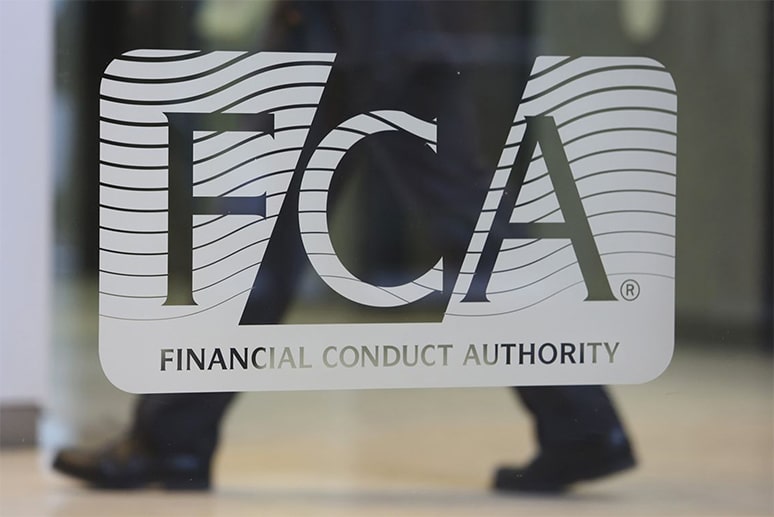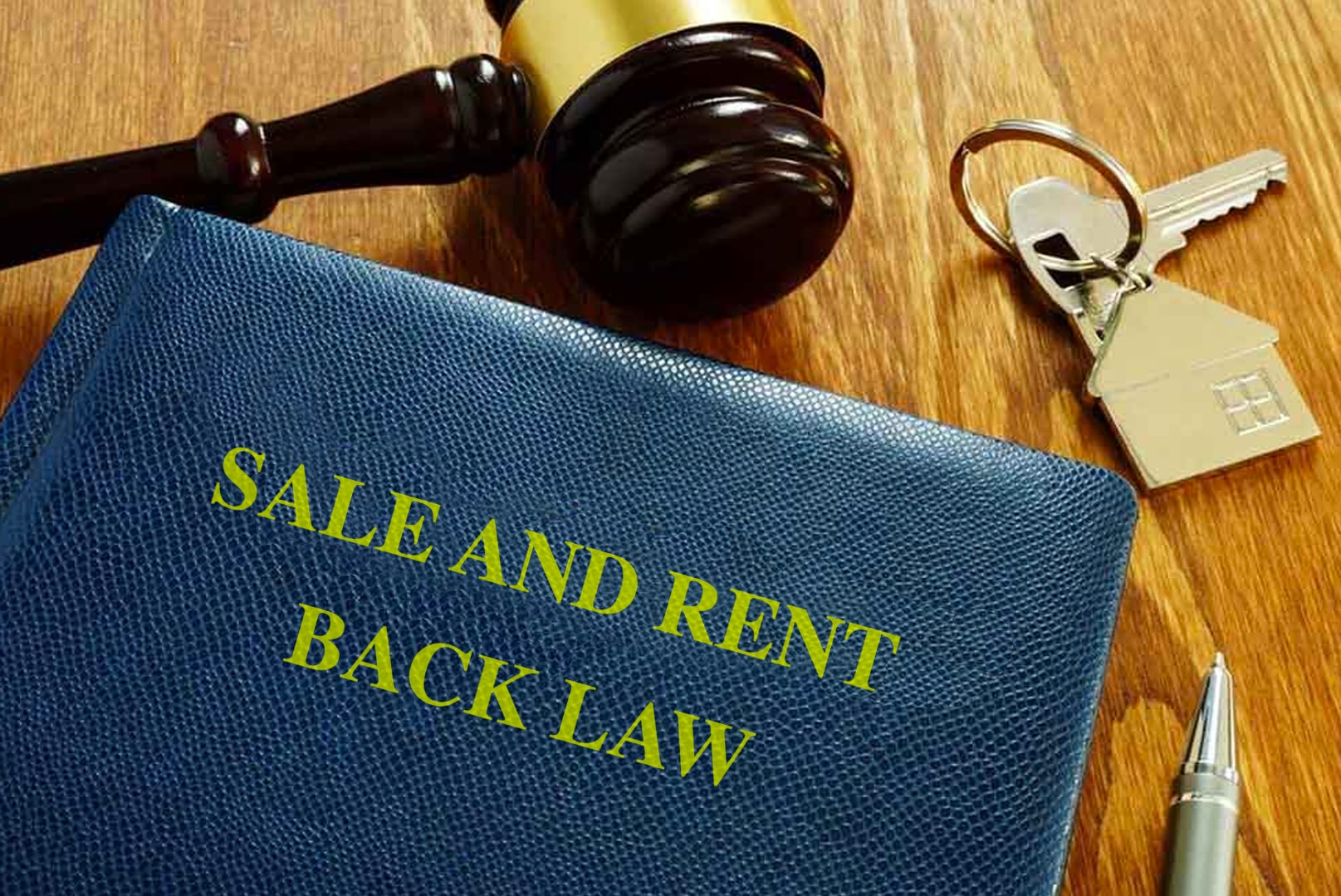Alternatives to Sale and Rent Back schemes

There are other options available to you if you’re having financial problems and need to stay in your property. Sale and rent back is not your only option. Firstly, you could speak to your mortgage lender. It's likely to be a conversation that you’ve been putting off, but really, doing it sooner will be better for you. They might be able to give you a payment holiday whilst you sort out your funds, or set-up an arrangement if you’re in arrears.
And if you have other debts, it’s definitely worth talking to those creditors. It could be that a repayment plan can be arranged so that you can keep your home.
Or do you have a spare room to offer to a lodger? Their rent payments could help you with your mortgage repayments, but you’ll need to check the tax implications because this’ll count as an extra income, so could be an issue if you claim benefits, such as Universal Credit or claim housing benefits.
It's also worth remembering that over 55s could have equity release options. This would enable you to raise capital from your home and keep living there; perhaps removing the need to sell it.
The three main factors that determine whether or not you can release equity from your home are:
-
Your home’s true value
Equity release providers will carry out a valuation to work out how much equity you can release from it.
-
The equity you have in your home
In simple terms, your equity is your home’s value, minus any debts you have secured against it. So if you have a property valued at £210,000, and there’s still £60,000 of the mortgage left to pay, your equity is £150,000.
-
How long you'll be living there
Equity release providers need to estimate how long you will be in your home, which will be based on your age and your health. If you make a joint application it will be calculated based on the age and health of the youngest applicant, as they are likely to be living in the property the longest.
Choosing equity release is a big decision, and you must seek professional advice before going ahead with it to find out if it’s right for you, but I only mention it because it’s another avenue to explore before committing to a sale and rent back scheme and selling. Mortgage holidays, renting out a spare room, or equity release are alternatives that could be more beneficial for you in the long run.
Here are three more alternatives to Sale and Rent Back...
-
Transferring ownership via Deed of Gift

If you wish to keep your property in the family, and would prefer to stay there and pay rent to its new owners, you might choose to give it to a relative as a 'gift' and then rent it back.
Unless the intended recipient is a spouse or a civil partner, and/or unless your estate is worth less than the tax-free threshold of £325,000, giving a gift of this kind will likely incur an IHT charge.
However, IHT will not be charged if you live for more than seven years after giving the gift.
If you live for between 6 and 7 years after the Deed of Gift, tax will be payable at 8%. Between 5 and 6 years, it rises to 16%. Between 4 and 5 years it’s 24% and between 3 and 4 years it’s 32%. If you pass away within 3 years of the deed of gift, IHT is payable at 40%.
This system is known as 'taper relief'.
Usually, IHT is payable by the estate of the deceased. However, if the combined value of the gifts given within the seven years preceding the donor’s passing was to exceed £325,000, IHT would be charged to the recipients.
The approach of transferring property to a family member via Deed of Gift - then renting from them - may also cause issues when it comes to your mortgage. This is because, if you still have a loan of this kind in place, it will usually need to be repaid before a new owner can take charge.
There are some circumstances in which it may be possible for you to transfer your mortgage into another person’s name. However, this depends on the type of loan you have, as many mortgage products do not allow this.
Some, on the other hand, may be compatible with this process. The steps involved in removing your name from the property’s mortgage and adding someone else’s can be achieved via Transfer of Equity.
The term Transfer of Equity refers to the act of legally adding names to - or removing them from - a property’s title deed on the Land Registry. Any action of this kind must be approved by the mortgage lender. You may be required to remortgage as part of this transfer, but not always.
Before your chosen family member can take on the mortgage repayments for your home, the lender will need to run a background check to ensure that this new individual has the financial means to do so.
These checks will most likely be the same as the ones you underwent when first applying for the loan.
In order to begin this process, it is likely that you will need to be up-to-date with your mortgage payments.
It is unlikely that you will be permitted to arrange an Equity Transfer if you are currently in arrears and have financial difficulties, so this approach may not be the answer for you if you are trying to move from homeownership to renting in order to clear your debts, such as unsecured loans.



















